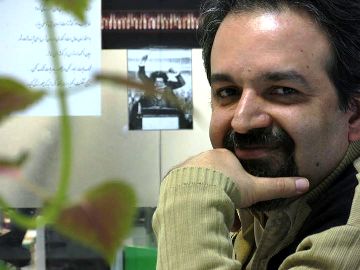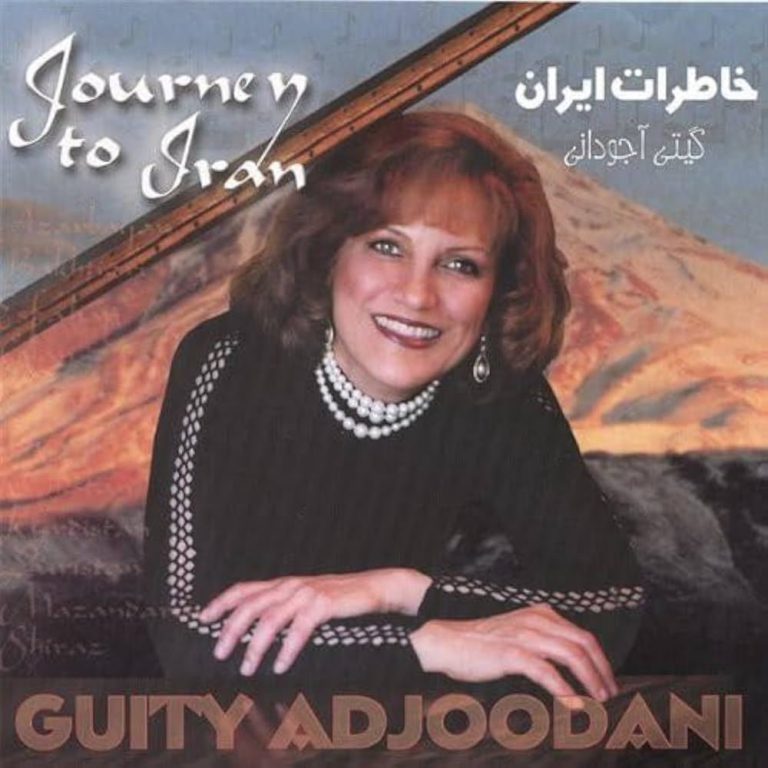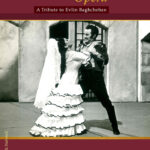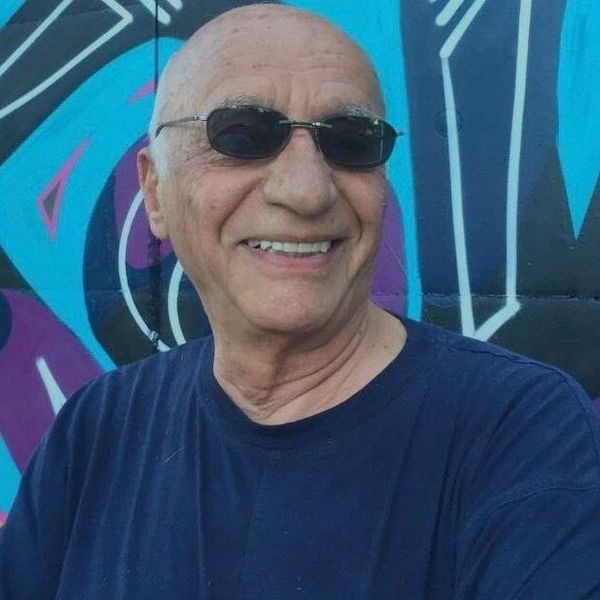
UnTwelve Non-profit Organization announced the results of its 2014/2015 composition competition on January 28, 2015. Shaahin Mohajeri, an Iranian Tonbak player, microtonalist, acoustician and composer, was awarded the second prize for his piece “Castle of Babak.”
Shaahin Mohajeri is of the belief that 96-EDO (96 equal divisions of octave) is a good system for intervallic structure of Persian music with more accurate estimation than Ali naqi Vaziri’s 24-EDO system. He is currently working on a microtonal notation system based on 96-EDO and also on a model for tuning systems classification based on divisions of octavic or non-octavic musical scales and systems.
Mohajeri is engaged with a new rhythmic system called “Microrhythm” which is based on time intervals which are defined in rhythmic systems.
Some of his tuning models and scales are being referred in Scala, powerful software for experimentation with musical tunings. Mohajeri’s pieces are composed in different modal, tonal and atonal microtonal spaces and show poly-microtonality as a way to relate different microtonal systems to each other.
He began studying tonbak under supervision of Nasser Farhangfar, master of tonbak, but his studies of tonbak sounding and fingering, tonbak musical analysis and his arrhythmic musical ideas have led him to a different world of music, tonbak and tonbak playing.
He composes music for tonbak solo and ensemble with different microtonal tunings, ranging from traditional to his personal style.
He is working on a new musical notation system for tonbak based on acoustical parameters and a system of fingering classification for this drum.
In 23 October 2006, Shaahin Mohajeri lectured on tonbak history, organology, acoustics and tunable tonbak of Dr. Hossein Omoumi in the Tehran Conservatory of Music.
Prizes and Nominations
2012
– The 3rd prize, UnTwelve 3nd Annual Microtonal Composition, for Three Micromusics for an Ant
– The 2nd prize, Second Festival of Music-based Websites and Weblogs for “Scales Coding” (article)
2011
– Finalist, UnTwelve 2nd Annual Microtonal Composition Competitions for the Battle of Ahuramazda and Ahriman
– Appreciation, First Festival of Music-based Websites and Weblogs for “Time Intervals” (article)
2010
– Winner, AEH and Muto Ethno2 Microtonal Demos Competition









